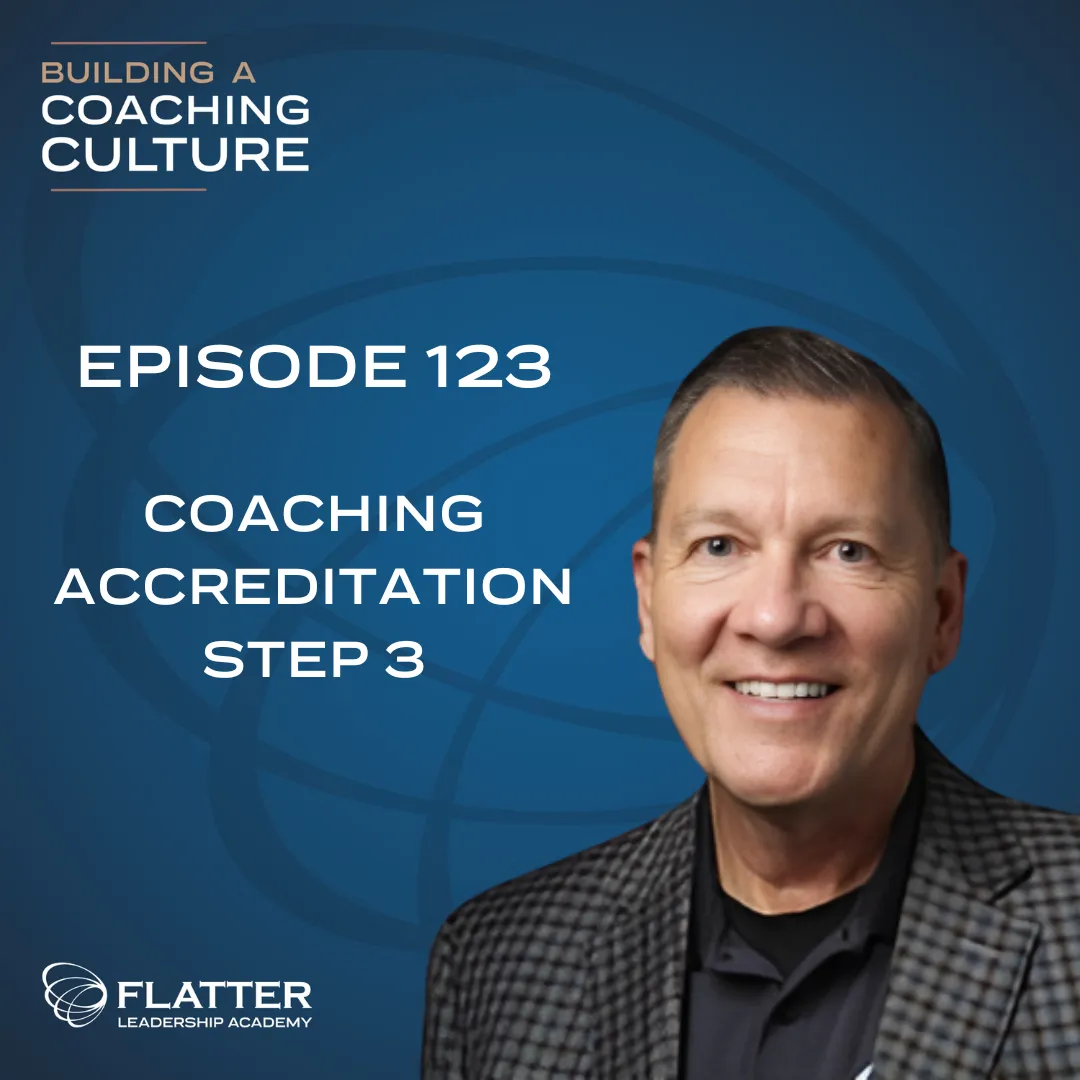In this episode, J.R. Flatter and Lucas dive deep into the world of mentor coaching for ICF accreditation. They discuss the requirements, structure, and benefits of mentor coaching, providing valuable insights for aspiring coaches.
Learn about the ideal sequence of coach training, the importance of peer learning, and how to ensure your mentor coaching experience counts towards your ICF certification.
Key topics covered:
- The ICF mentor coaching requirements
- Qualifications for mentor coaches (ACC, PCC, MCC levels)
- Benefits of participating in a cohort vs. one-on-one mentoring
- Integration of feedback and practical application during the mentoring process
- Use of real-world case studies in mentor coaching
- The importance of verifying mentor qualifications for ICF accreditation
- How mentor coaching fits into the overall ICF certification journey
Building a Coaching Culture is presented by Two Roads Leadership
Produced, edited, and published by Make More Media
Episode Links
J.R. Flatter
Founder of Two Roads Leadership
Lucas Flatter
Resources
2RL 4 day Coach Certification Bootcamp
2RL ICF-Approved Coach Certifications and Trainings
Transcript
Automatic Transcription - please excuse any errors

